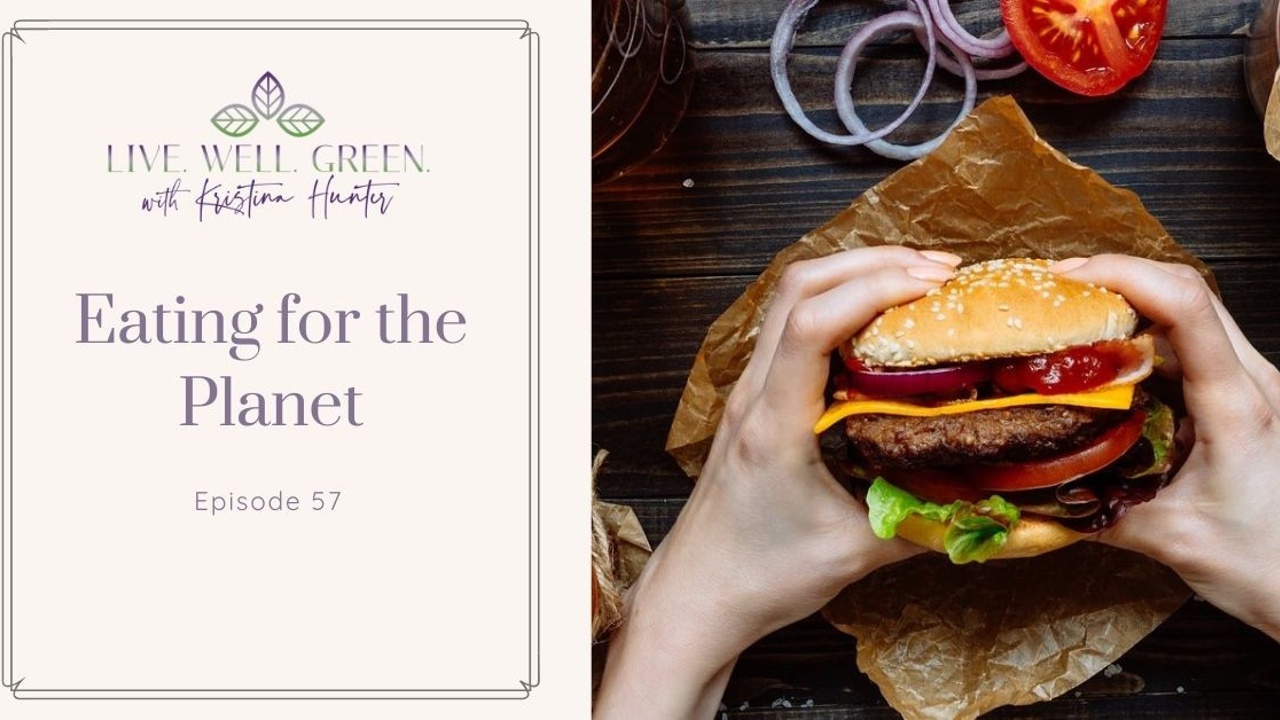Sustainable wellbeing and green living
Let's find ways to Flourish!
The Gardening Life with Lori and Keith Michaelson
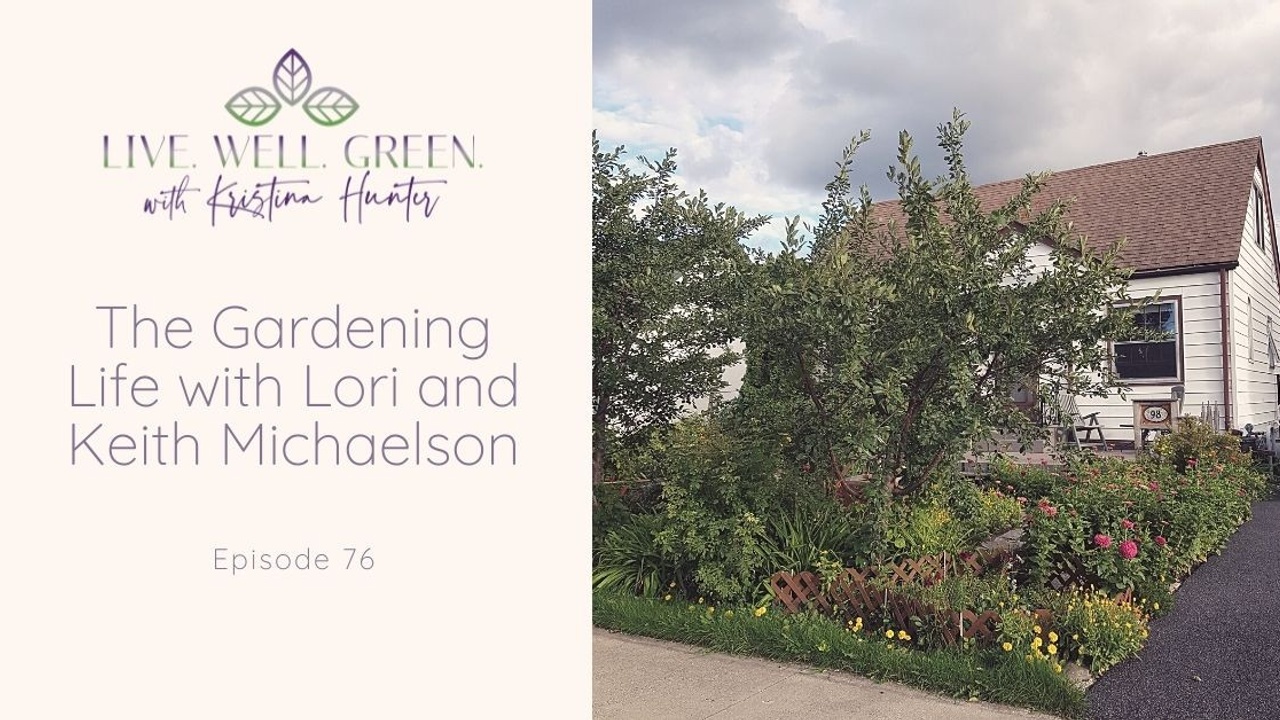
From the Flourishing Community
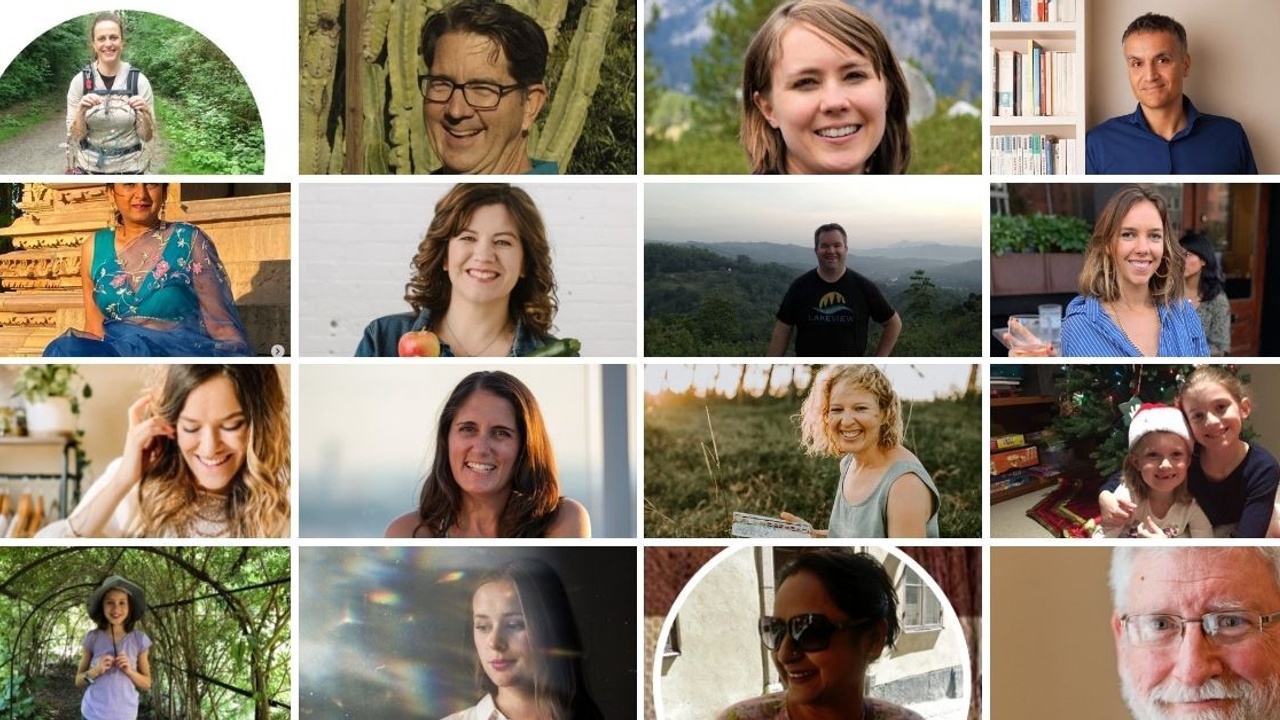
In honour of the 100th edition of the Flourishing Fridays newsletter, I thought it would be great to profile some of the amazing work that folks in this community are doing. Sharing some inspiration and celebrating our wins, big and small. Together we are learning about how to live more sustainably, how to spread the ideas of green living and to enjoy life more!
What an amazing and inspiring list!
Aditya is helping to educate others about the importance of protecting wilderness.
AJ fixes appliances, builds with reclaimed lumber, raises bees and enjoys time in nature.
AK – promotes thrifted fashion for badass Millennials on her social media accounts.
Angelika got small recycling bins for her condo complex and avoids wasting food.
Anuradha – runs sustainable clothing companies using all traditional textiles and zero waste production that also provides employment for women in India.
Amanda is eating more local food and loves to support local businesses.
Anders helps kids in low-in...
How to enjoy seasonal whole foods with Getty Stewart
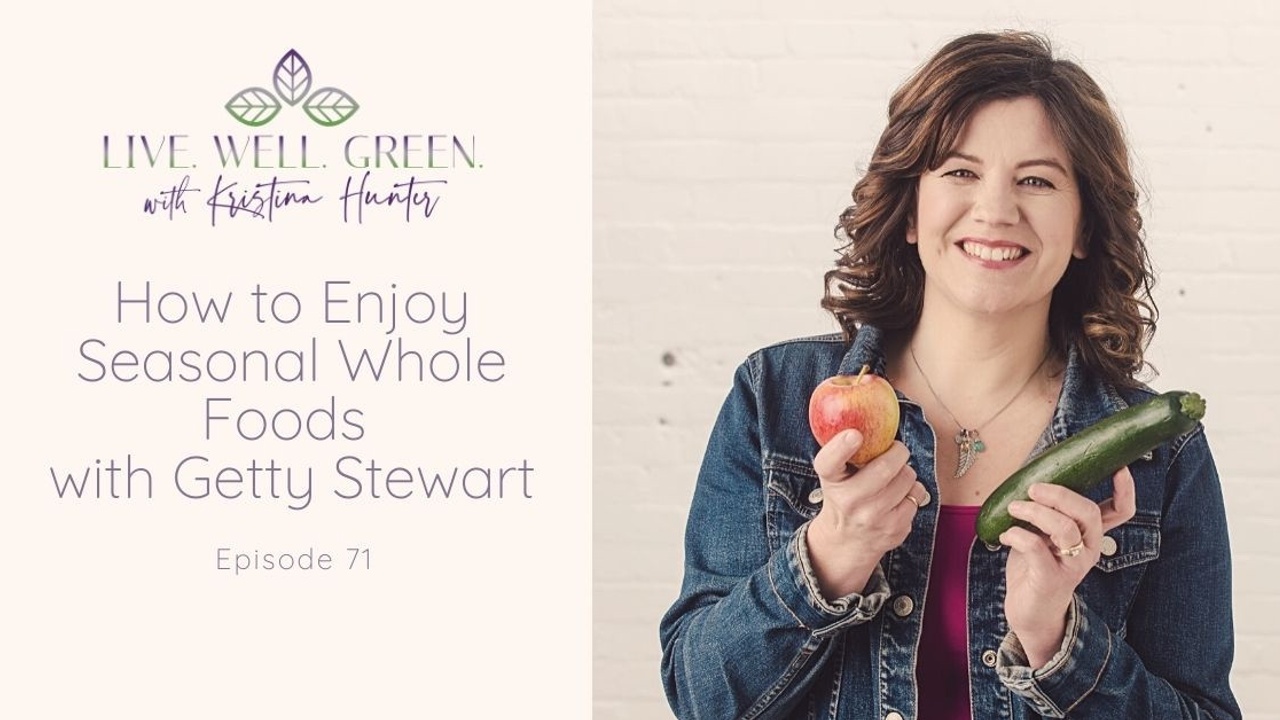
How to become a master composter
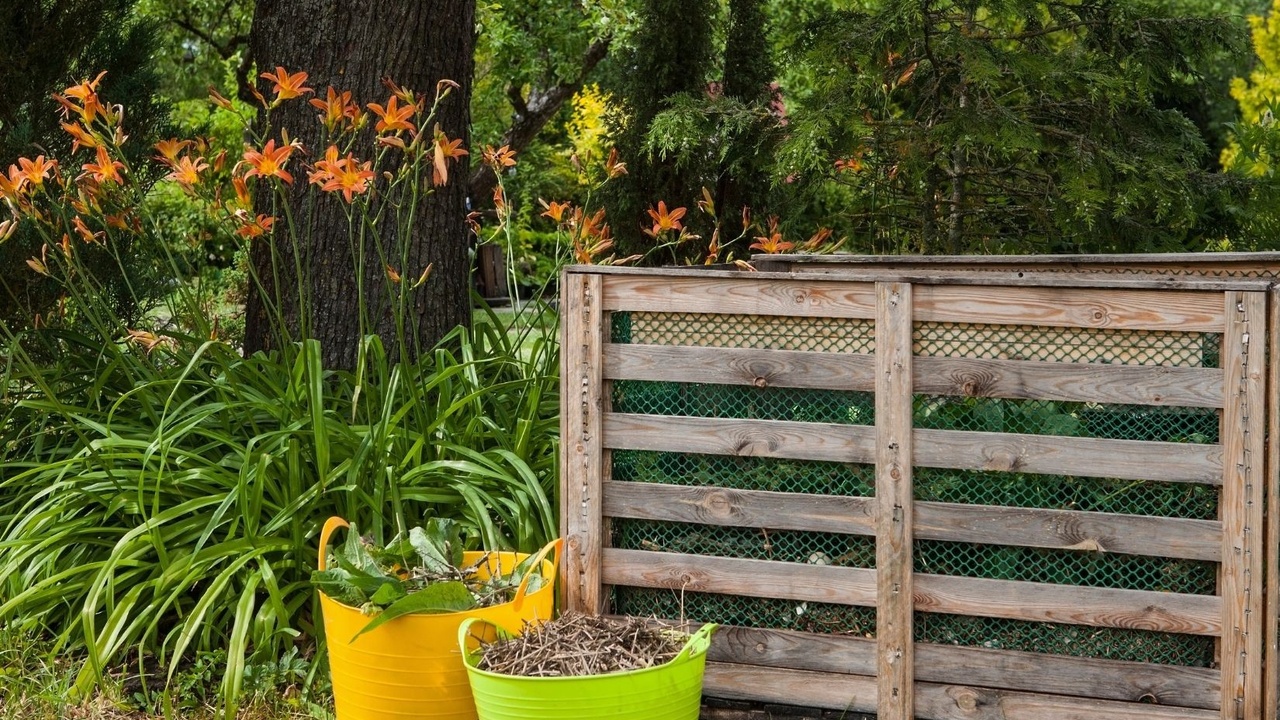
Composting is one of the most effective ways to keep household waste out of the landfill and create nutritious soil for your garden. Whether it be food scraps such as peels and stems or yard waste like grass clippings and fallen leaves, almost all organic material waste from your home can end up in your compost.
When organic material decomposes in landfills, methane gas is released due to lack of oxygen present during decomposition. Methane is a greenhouse gas that contributes to climate change, so limiting the amount released is important. In a compost pile or a vermicompost bin, plenty of oxygen is introduced and materials can break down without the production of methane. If none of this is news to you, or if you are excited to learn more, becoming a Master Composter might be for you!
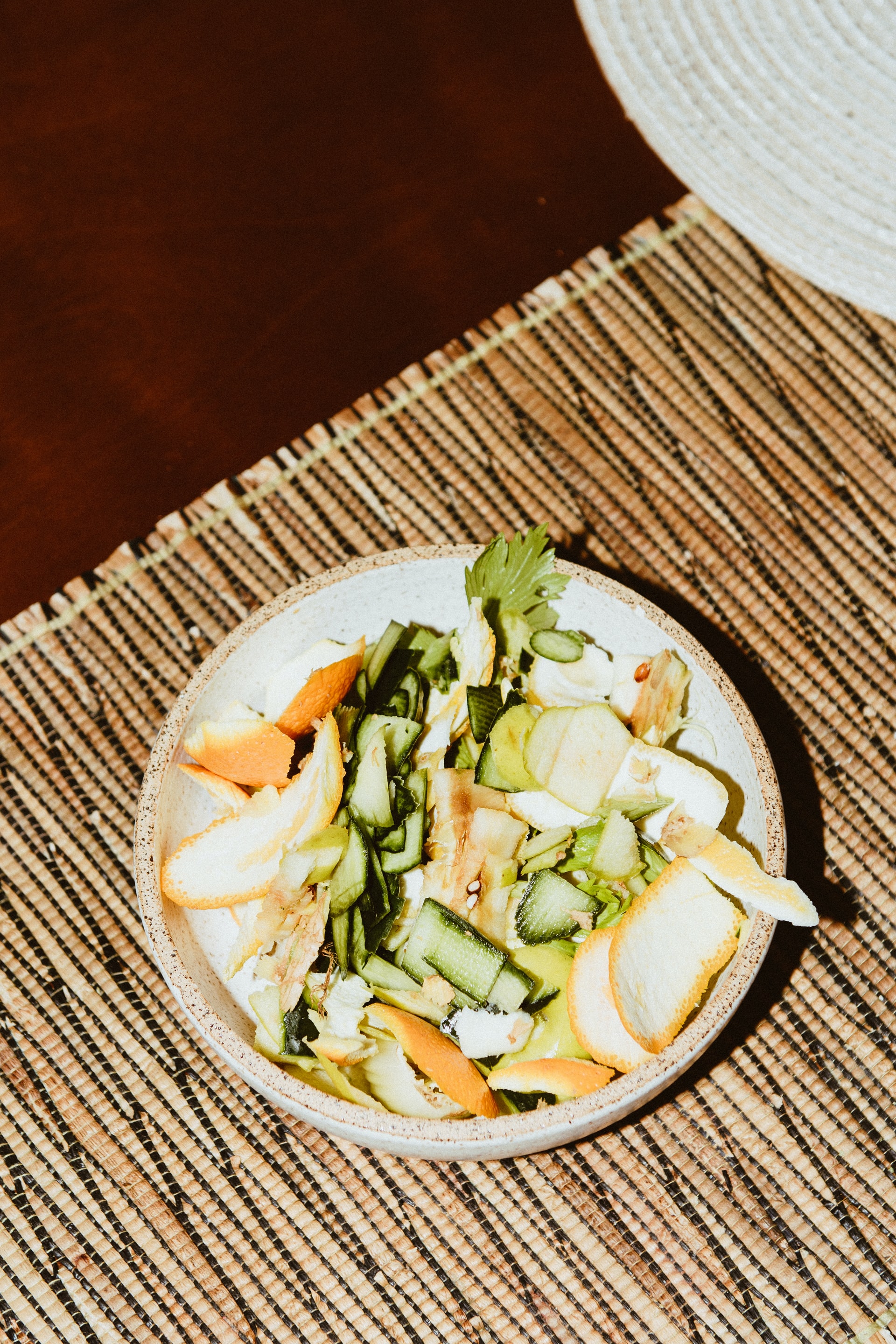
What is a Master Composter program?
Master Composter programs are programs that are set up to help you have all the tools that you need to be extremely successful in your composting projects and,...
Turning waste into resources with community composting
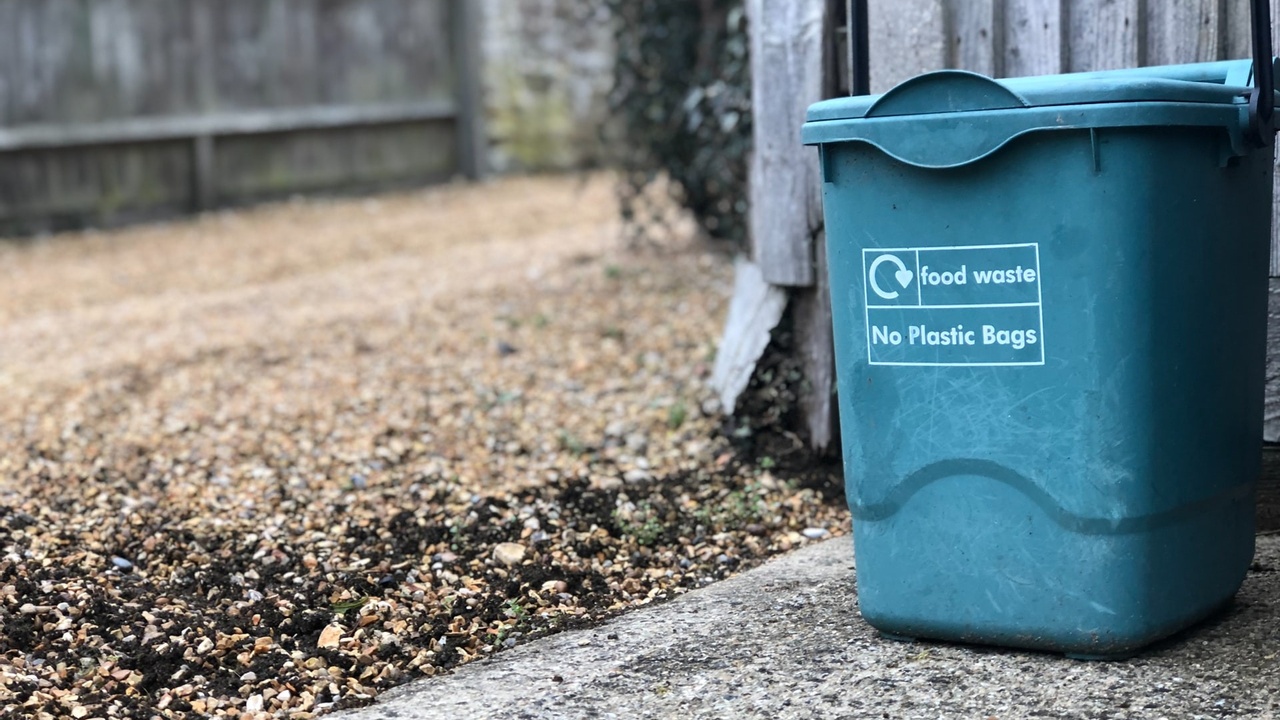
You may be familiar with backyard composting, but what about options for institutions, schools, businesses and people who would like another alternative to backyard and vermicomposting? Community composting can be a great solution to these dilemmas and a way to extend the lifespan of your local landfill and reduce greenhouse gas emissions at the same time.
But first, let’s talk about why composting is a perennial favourite for taking personal action against climate change!
Why does everyone talk about the need to compost?
When food is thrown out in the garbage, and sent to the landfill, that organic waste is compacted in a sanitary landfill. This is done to save space in the landfill and to prevent animals from scavenging food there. However, this means that the food will break down without much oxygen - in other words, it will be anaerobically broken down.
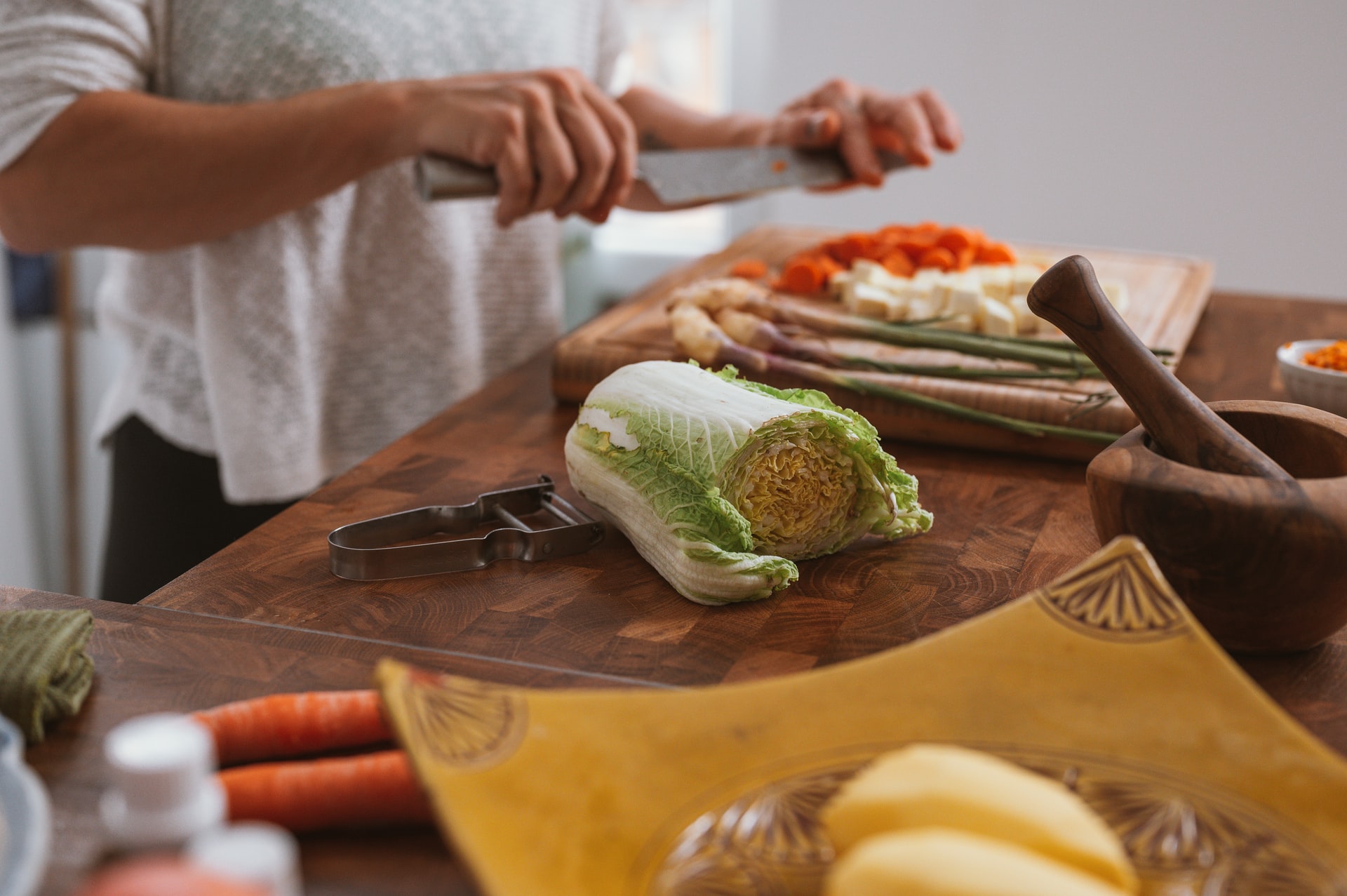
When this happens, the decomposition of the food does not take the usual route of turning into carbon dioxide and other nutr...
So, you want to build a deck or fence...

- pressure-treated wood,
- naturally weather-resistant wood,
- composite
- PVC (plastic)

Why does gardening make us happy?
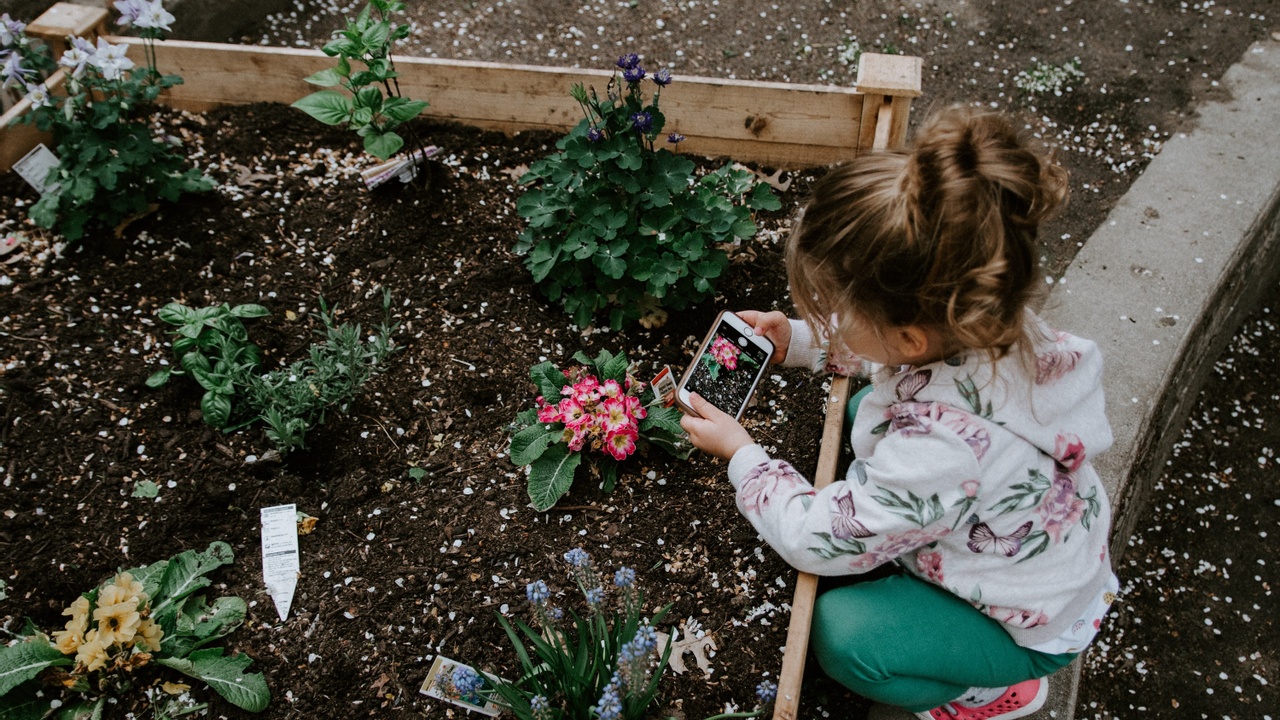
Have you noticed that spending time in nature is a great way to enhance your physical and mental wellbeing? Well, you are not alone! There is a reason that gardening and walking outdoors and spending time in nature is such a lasting activity that people keep coming back to - and especially during the COVID-19 pandemic.
Are you growing a garden, perhaps for the first time? It turns out there are benefits to us beyond the joy of watching plants grow and reaping the harvest of our efforts. For starters gardening gives us enjoyable light physical activity and, the psychological benefits of gardening include reduced stress, increased happiness, and overall mood enhancement. To learn more about the benefits of gardening, click here!

Similarly, forest bathing - spending time immersing yourself in nature and connecting to the natural world, provides individuals with significant psychological and physiological improvements such as reduced anxiety, stress relief, decreased blood pressure and...
The no yard needed composting solution: Vermicomposting
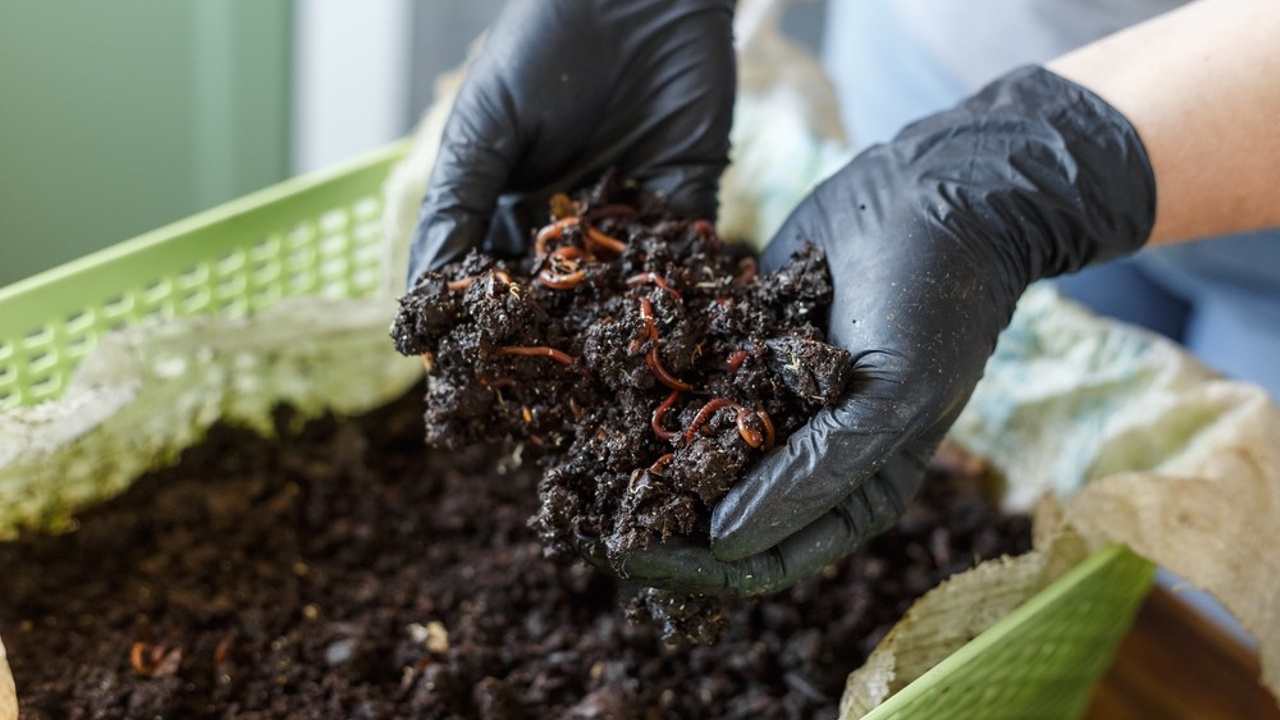
What is the first thing that comes to your mind when you think of composting?
Do you picture a spacious backyard with an outdoor composting bin situated far from the house? If so, I’m here to let you know that the “traditional” method of backyard composting isn’t the only way to compost!
What if someone else – or more precisely something else- could do most of the composting work for you?
Vermicomposting is a method of composting that involves worms! We know that earthworms are important components of soil health, so why not bring them indoors to work some of their magic on your food scraps? Soon enough, you’ll be left with an amazing fertilizer that can be used in your garden or on your houseplants.
Why composting matters
Before we get into the specifics on vermicomposting, here is a quick review of the benefits of composting.
Your food scraps are organic material that should readily decompose in the landfill, right? Wrong! In order for organic material to properly decompose, it...
Backyard Composting
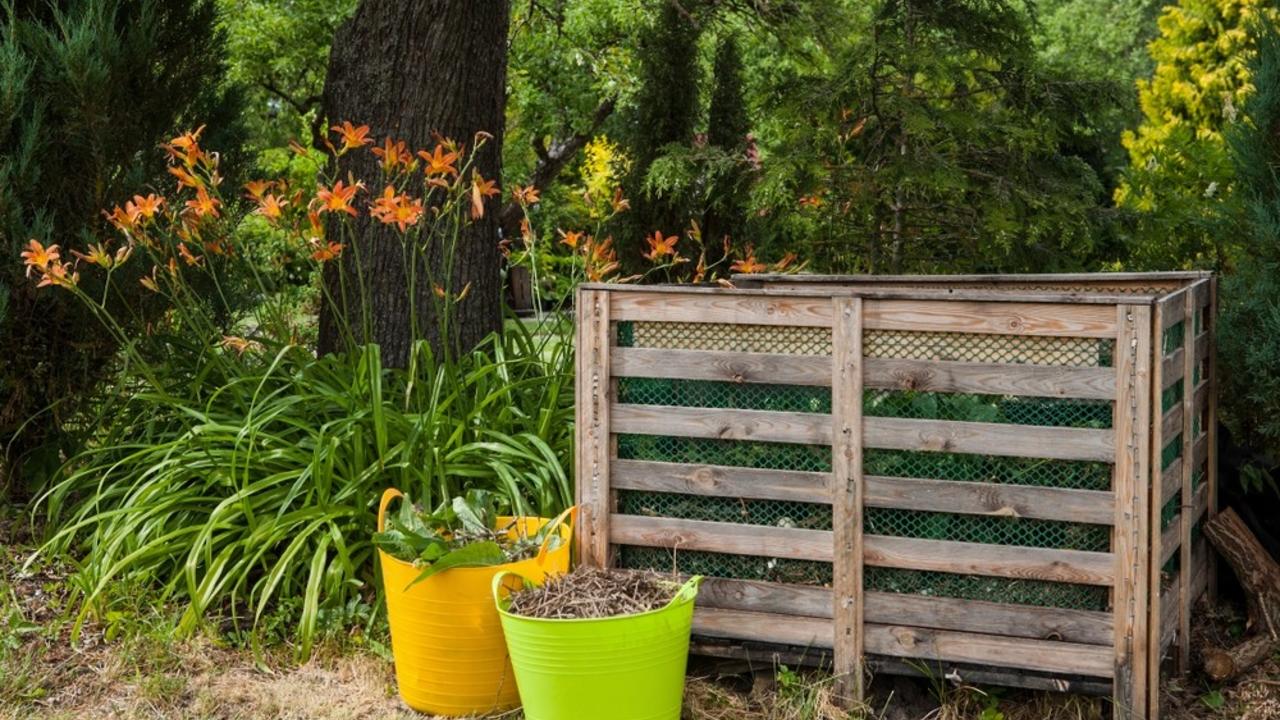
Composting is a method of waste diversion. As with anything related to sustainability, our main goal should be to decrease the amount of waste we produce, and this means wasting less food. However, there are plenty of food scraps that are produced when we cook at home, and I truly believe that cooking dinner is an act of sustainability.
Composting is a great way to dispose of food scraps and waste. Not only does it help to reduce carbon emissions, but it also helps to rebuild soil quality, and gets us more in touch with natural processes, right in our own backyard!
So, what to compost?
Food scraps are the best and most straightforward things to put in your compost bin. Food scraps are the inedible portions of food such as peels, rinds, and husks. These are not to be confused with food waste, which are edible portions of food that are thrown away or allowed to go bad. While some food waste can also go in the compost bin, we have to be more selective here. More on that in a moment. Th...

